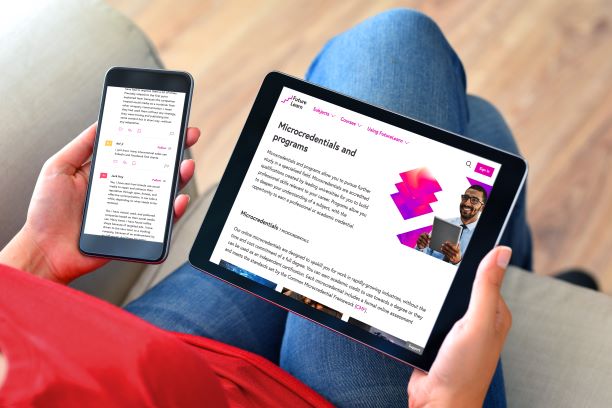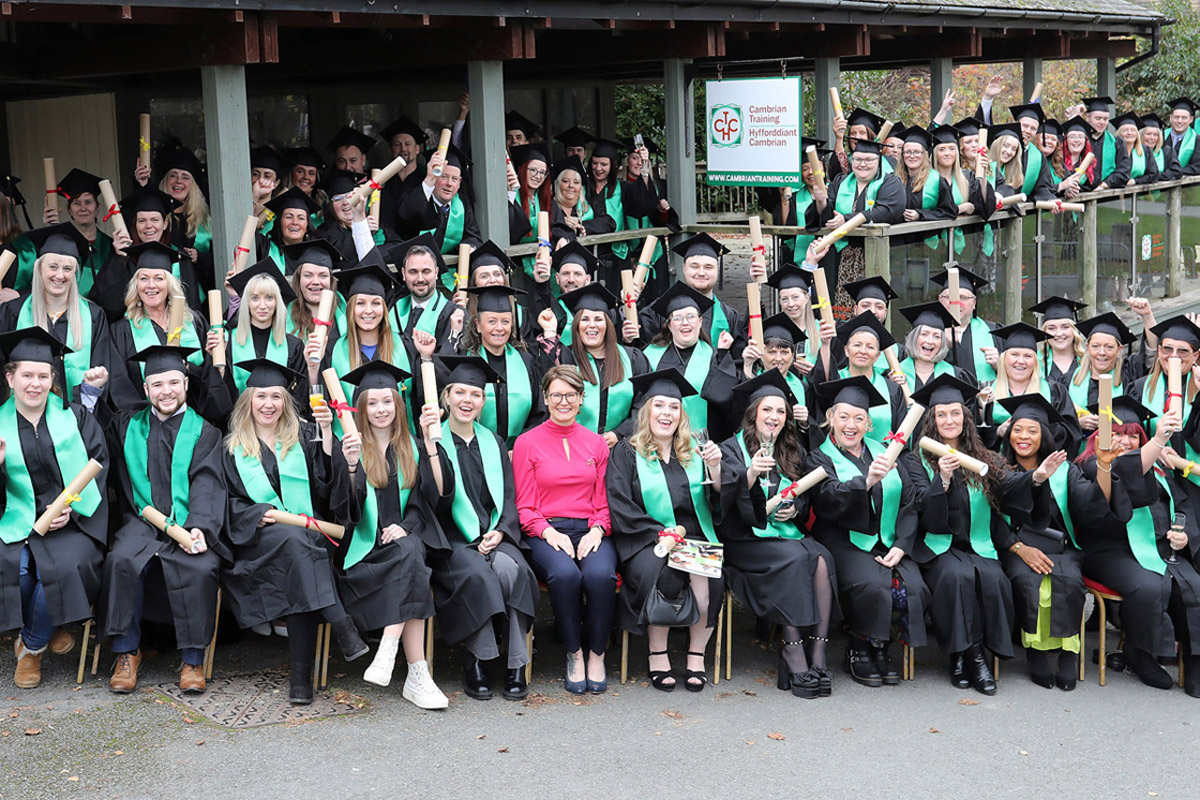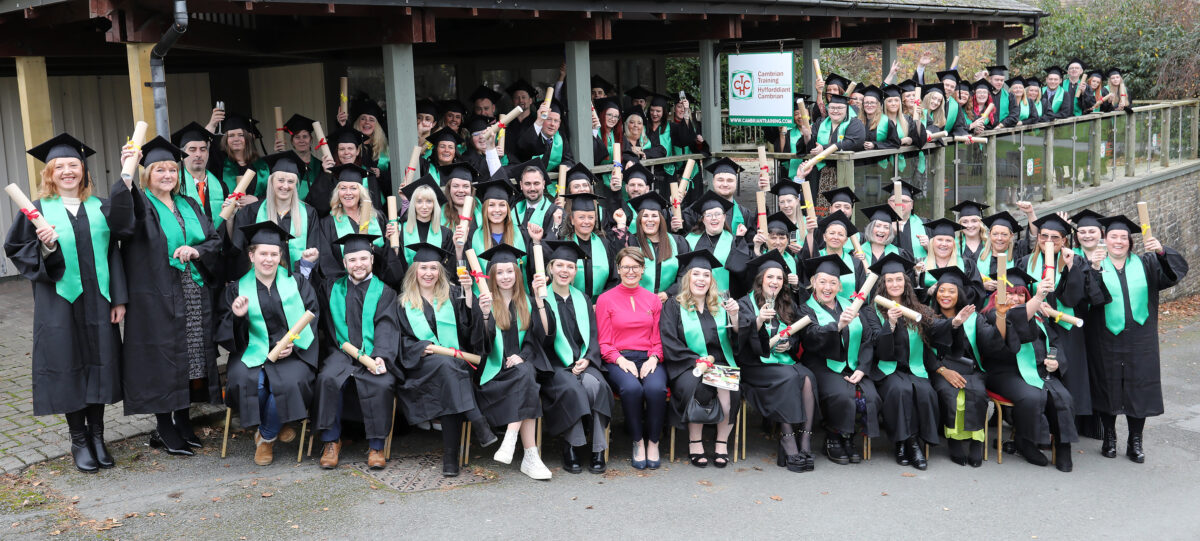Brian Breen, Chief Corporate Engagement and Partnerships Officer,
University of California, Irvine Division of Continuing Education (DCE), who is launching Predictive Analytics, commented: ”Microcredentials help bridge the gap between classroom learning and job-relevant skills verification. As providers of microcredentials that correspond with actual workplace demands, we will be able to achieve greater alignment between the needs of learners and employers. Recent college graduates and working professionals alike are demanding shorter, relevant education that they can put to immediate practical use. Having industry-recognized microcredentials on their resume can help set them apart in the competitive job market.”
Earlier this year, FutureLearn announced it’s involvement with the
Common Microcredential Framework (CMF) and these microcredentials adhere to its criteria of requiring 100-150 hours of part-time study, generally over 10-12 weeks. Most microcredentials are worth 10-15 UK credits, 4-6 ECTS credits, or 2-3 US credits.
Project Management: Managing Front-End Planning, Queensland University of Technology, starts on 24 February 2020 and will focus on how to plan and manage large scale projects and start your journey as a professional project manager. With the support of industry professionals, you’ll learn how to use, select and apply project planning tools and techniques to resolve common project issues and support project delivery. As you learn how to manage stakeholders, you’ll build the skills to communicate professionally both orally and in writing. You’ll also consider the importance of project scheduling, ethical decision-making, and developing responsive project options.
Research Methods (Deakin and Griffith Universities in partnership) starts on 24 February 2020 and focuses on crucial research methods and techniques to conduct research that helps solve problems on a global scale and make evidence-based decisions to a professional and academic standard.
Data Science: Data-Driven Decision Making, Monash University, starts on 2 March 2020 and is a hands-on introduction to the interpretation and visualisation of data that will appeal to the growing number of professionals who rely on the effective use of data to succeed in their roles.
Cyber Security Operations (Cisco CCNA), The Open University, endorsed by the Cisco Networking Academy starts on 16 March 2020 where learners can upskill in cyber security operations. Students will learn how cyber security professionals respond to an imminent, active or recent cyber threat, and explore how to go about resolving attacks and completing legal investigations of any potential cybercrime. Learners will develop skills using up-to-date experience from the internationally recognised Cisco CCNA Cyber Security operations certification.
Digital Photography: Creating a Professional Portfolio, The Open University, endorsed by the Royal Photographic Society, the UK’s leading photography organisation starts on 30 March 2020 will allow learners to navigate the fast-moving technological developments in digital photography and build a professional portfolio they’re proud of.
Sports Coaching, Deakin University, will launch shortly and will be led by Professor of Practice, Paddy Upton. Students will learn and apply elite coaching techniques to develop, motivate and lead high-performing individuals and teams.












Responses